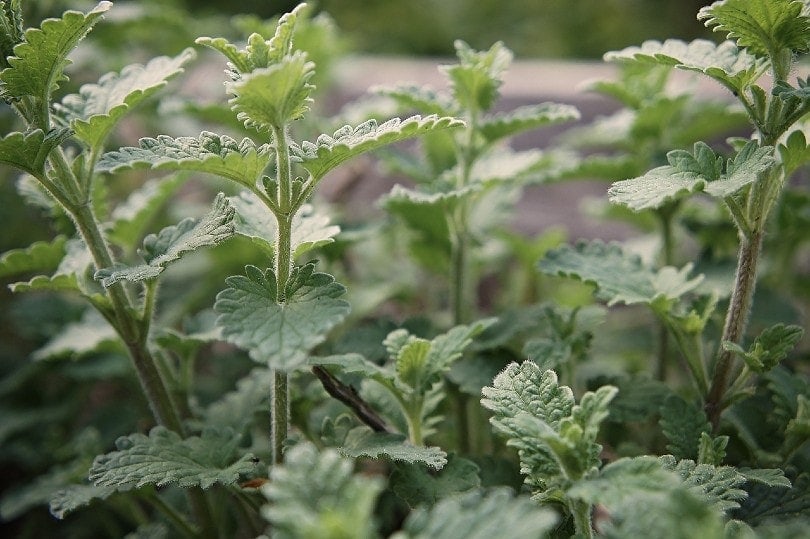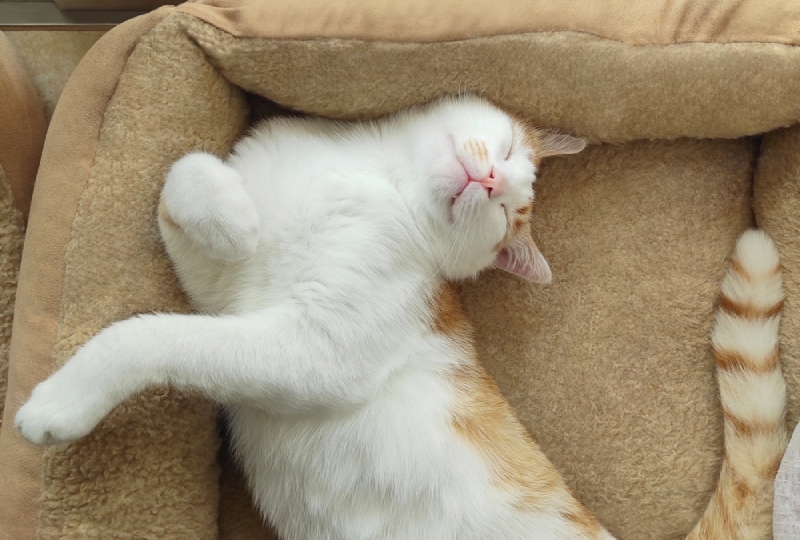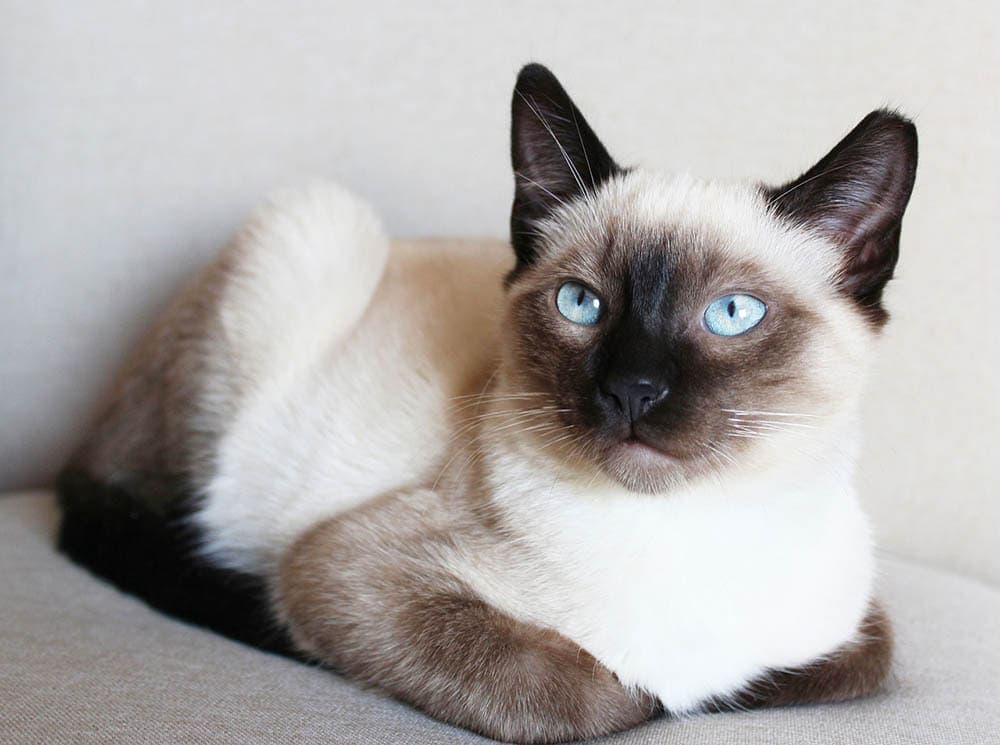Can Cats Drink Lactose-Free Milk? Vet-Reviewed Info to Know

Updated on
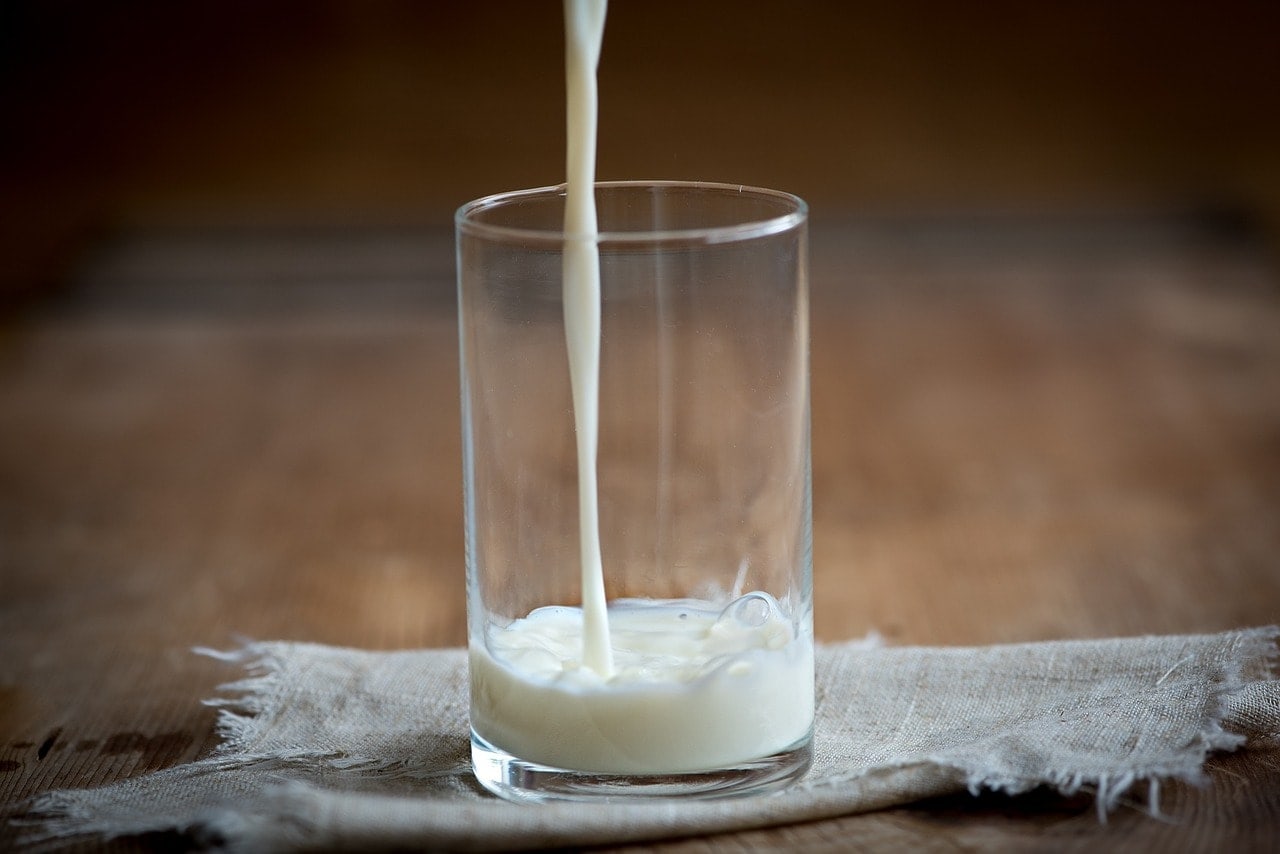
Movies and TV shows are full of the cliché of cats drinking milk from a small saucer. Though this is common in the media, this is not actually healthy for your cats. Most cats are lactose intolerant, and drinking regular cow’s milk can make them sick.
You’ve probably seen lactose-free milk for sale either in your grocery store or local pet store. Is lactose-free milk safe for your cats? Yes, it is safe, but it’s not the best option for your kitty. Read on to learn everything you need to know about cats and milk.
Can Cats Drink Milk?
We love to treat our cats, so naturally, we want to know what is safe or not to feed them. Because cats are generally lactose intolerant, cow’s milk is not a viable option as a treat.
Cats are not able to digest the enzyme lactose because of the lack of lactase enzymes in their digestive system. This causes the lactose to stay in the intestines, where it becomes fermented by bacteria. Lactose intolerance in cats usually reveals itself in the form of vomiting or more commonly, diarrhea, according to WebMD.
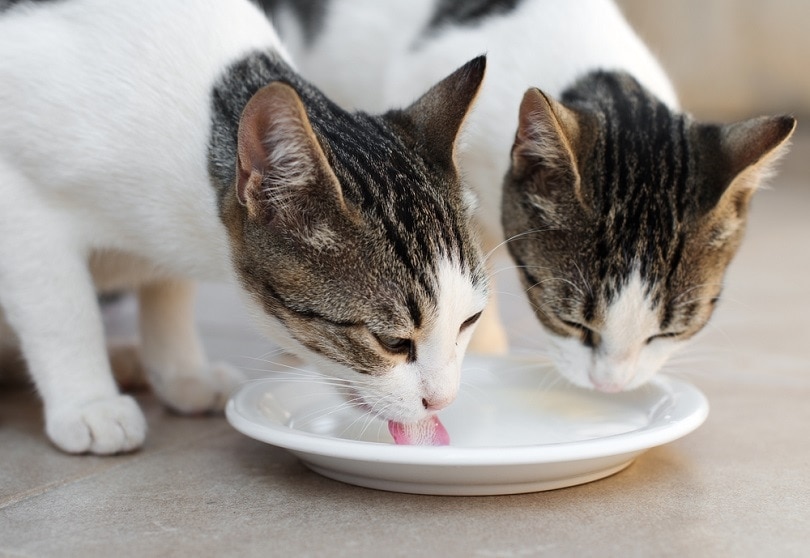
Why Are Cats Attracted to Milk?
The protein and high-fat content make milk attractive to most cats. They are even more drawn to milk fresh from cows, as the cream will rise to the top. The cream is high fat and thus desirable to the cat.
Lactose-Free Cat Milk
Lactose-free milk is an option, and there are lactose-free milk specifically made for cats. These are safe to give in moderation. Generally, you should avoid giving your cats any type of milk, even a lactose-free one, that is designed for human consumption.
Water is the best liquid to give your cat, so be sure to always have fresh, clean water for your cat. While lactose-free cat milk is a nice treat every now and then, it is not a replacement for water. Water helps your cat digest food, eliminate waste, regulate body temperature, and perform other vital functions.
Lactose-free milk, while safe for your cat, is still not a replacement for water in their diet. It is only a treat. You should be sure to limit how much milk you give your cat, as treats should only make up 5–10% of your cat’s diet.
Alternative Milks
Alternative milks, such as almond milk, coconut milk, and soy milk, are lactose-free. You should still avoid giving these to your cat, as these only add up the calories without providing much nutrition. Moreover, they might cause gastrointestinal disturbances, and since these kinds of milk aren’t beneficial to cats, the risk of harm should just be avoided.
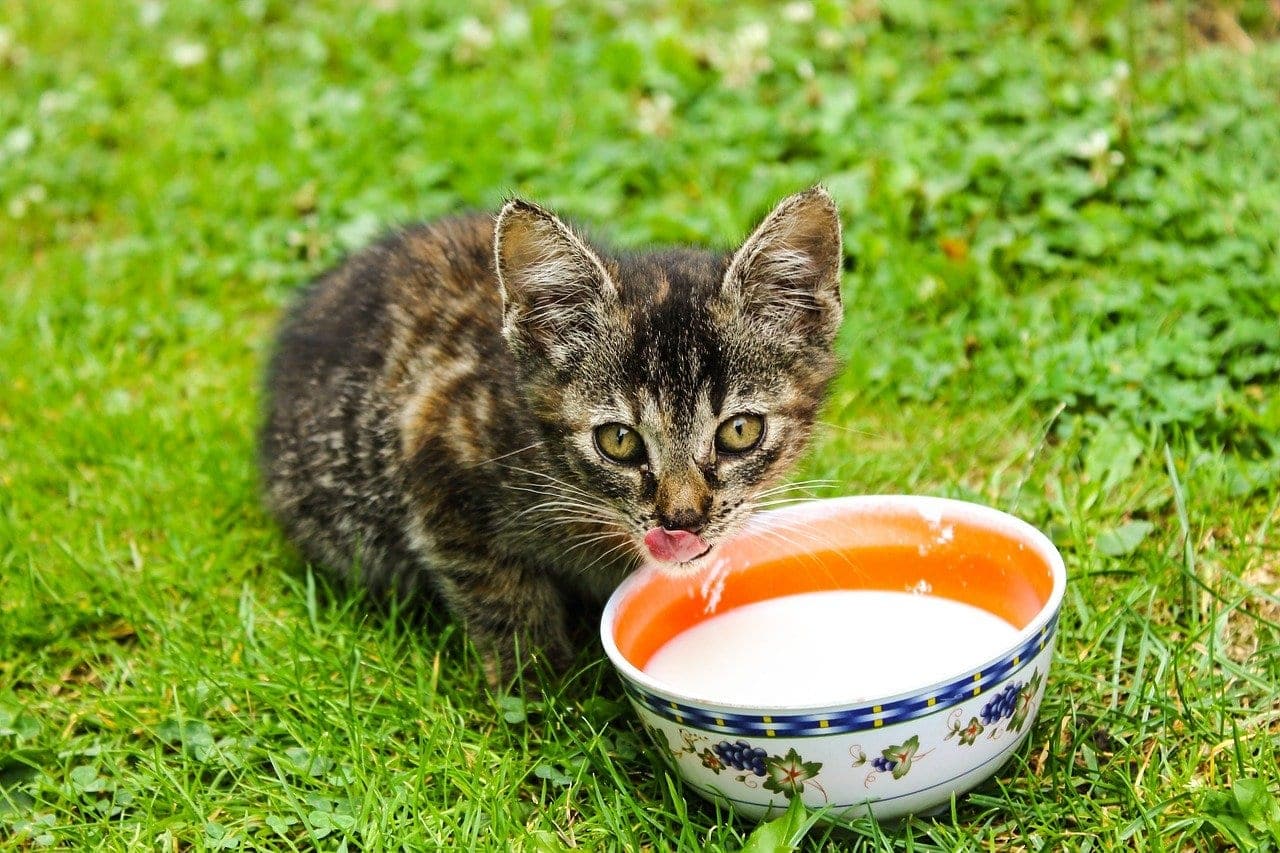
Kittens and Milk
It’s well known that kittens need their mother’s milk to thrive. Why is this milk safe for them but not regular cow’s milk? The answer is in their digestive systems. When kittens are born, they naturally secrete lactase, the enzyme needed to break down lactose. As kittens grow up, they begin to produce less lactase, meaning they can no longer break down the lactose in most milks.
Even though kittens can produce lactase, their mother’s milk or milk specially made for kittens is still the best option. You should avoid giving them cow’s milk or other dairy alternatives during this time, as those have a completely different nutrient composition than what a kitten needs to thrive.
Conclusion
While it may seem like an appealing idea to give your cat milk, think twice before doing so. If you do choose to go ahead and treat your cat with some milk, be sure to only give lactose-free milk that is made especially for cats.
Remember that this milk is only a treat, as it adds up the calories without providing much nutrition. Your main focus should be providing your cat with an abundance of fresh, drinking water and feeding them a high-quality diet to keep them healthy and happy.
Can cats drink saltwater? How about apple juice? Our guides have the answers!
See also:
- Can Cats Drink Saltwater? Vet-Reviewed Info to Know!
- Can Kittens Drink Milk? Vet-Approved Facts & FAQ
Featured Image Credit: Pixabay



